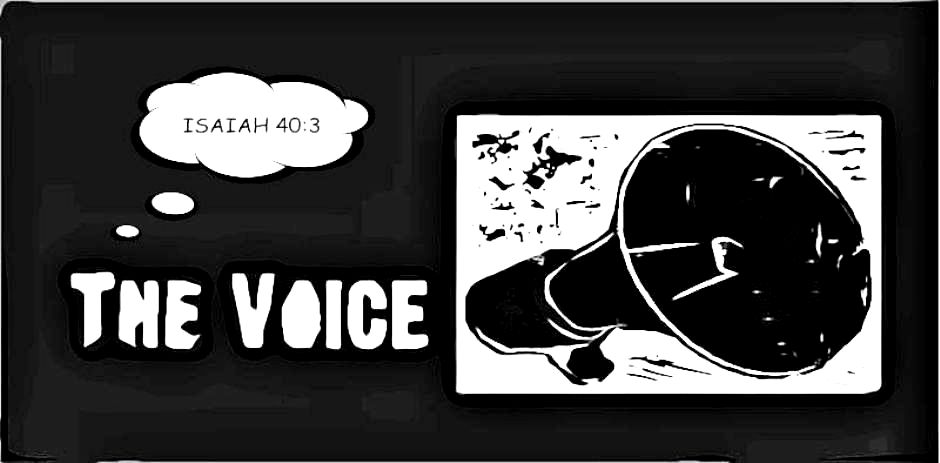
 I still have dozens of battered Marvel comics, all packed away in a tidy little plastic drawer. From the Wolverine series to the always-fun What If?, and a host of others, my childhood comic collection was one of the few things that didn't go missing over the years as my dad and I moved sporadically from city to town to suburb; I might not still have a billion favorite shirts, but my comic book collection is safe. So it was with some good memories and just a hint of nostalgia that I started renting comics (graphic novels?) from the local library. Man was I in for a lesson.
I still have dozens of battered Marvel comics, all packed away in a tidy little plastic drawer. From the Wolverine series to the always-fun What If?, and a host of others, my childhood comic collection was one of the few things that didn't go missing over the years as my dad and I moved sporadically from city to town to suburb; I might not still have a billion favorite shirts, but my comic book collection is safe. So it was with some good memories and just a hint of nostalgia that I started renting comics (graphic novels?) from the local library. Man was I in for a lesson.#1 Issue - Civil War and Gospel/Bible Harmonies
First, the tie-in series like Civil War are an accidental but awesome teaching tool, and helped me to understand things like the harmony of the Gospels. Or of the entire Bible. When the Thunderbolts, Fantastic Four, X-Men, Iron Man, Spiderman, and Wolverine get their own comic space to tell the story of how the Superhuman Registration Act changed the entire freakin' Marvel Universe, and then with each perspective the reader (that's me) gets a fuller picture of this huge story that crosses over into every superhero's monthly issue, I start to think of Scripture: how many visions, histories, poems, and letters tie together to give us a bigger picture of what is happening in the Bible?
After Jesus: Just like you can't understand Iron Man's take on the Marvel Civil War without also taking a look at the Fantastic Four, it's also hard to understand what happened at the Jerusalem Council in Acts 15.1-29 unless you also read about the private meeting that St. Paul had with key leaders beforehand, which he wrote about in his letter to the early Christians in Galatia (Galatians 2.1-2). Just like the whole early ministry that happened in Corinth (1 Corinthians 18:1) can't be understood fully until you read about the financial support that Timothy brought from Thessalonica (1 Thessalonians 3.6,7,8) and Silas brought from Philippi (Philippians 4.15-16) when they joined up with Paul in the city in the first century (Acts 18.5).
Before Jesus: My command of the Old Testament is considerably rusty, since I am a little bit New Testament-heavy. So I'll give one example: Did you know that David (Israeli King) and Joab (commander of the army) were uncle and nephew? That fine-tunes the way that we read their histories in books like Samuel and Kings and Chronicles, and we don't find out about this familial relationship outside of the genealogy in 1 Chronicles 2.12-16
The Gospels: Time would escape me if I started to list all of the things that a Civil War-like 'harmony of the Gospels' would reveal about Jesus' life. Let's do three: (1) The relationship between Jesus and John the Baptist in the Gospel of John (John 3.26,30) gets adjusted a little bit when we find out from the Gospel of Luke that Jesus Christ and John the Baptist were cousins (Luke 1.36,57,63-64). (2) During the Feeding of the 5,000 -which we read about in Matthew, Mark, and Luke- St. John wrote that men showed up armed and ready to stage a military coup on King Herod with Jesus as their leader (John 6.13-14,15). (3) It's only after linking Matthew 22.15-16, Mark 3.6, and Mark 12.13 that we really understand how closely the 'righteous' Pharisees worked with the followers of (Idumean tyrant) Herod the Tetrarch to bring Jesus down. Some ethical and theological boundaries were definitely being ignored in order to trap Jesus
So we jump from Marvel cross-overs, with their distinct and almost not-quite-contradictory storylines (one comic shows that Captain America's side won against Iron Man in Civil War; the other shows that Iron Man won over Captain America - only after reading a few other sides of the story do we realize that both are true: Captain America won the battle but ultimately surrendered for the sake of peace). We jump to a talk about Gospel/Biblical harmonies... both as a way of talking about them at all, and a way of showing how the world around us and the things in pop culture can help us in our understanding of Scripture.
'Nuff said.
-SEAN








